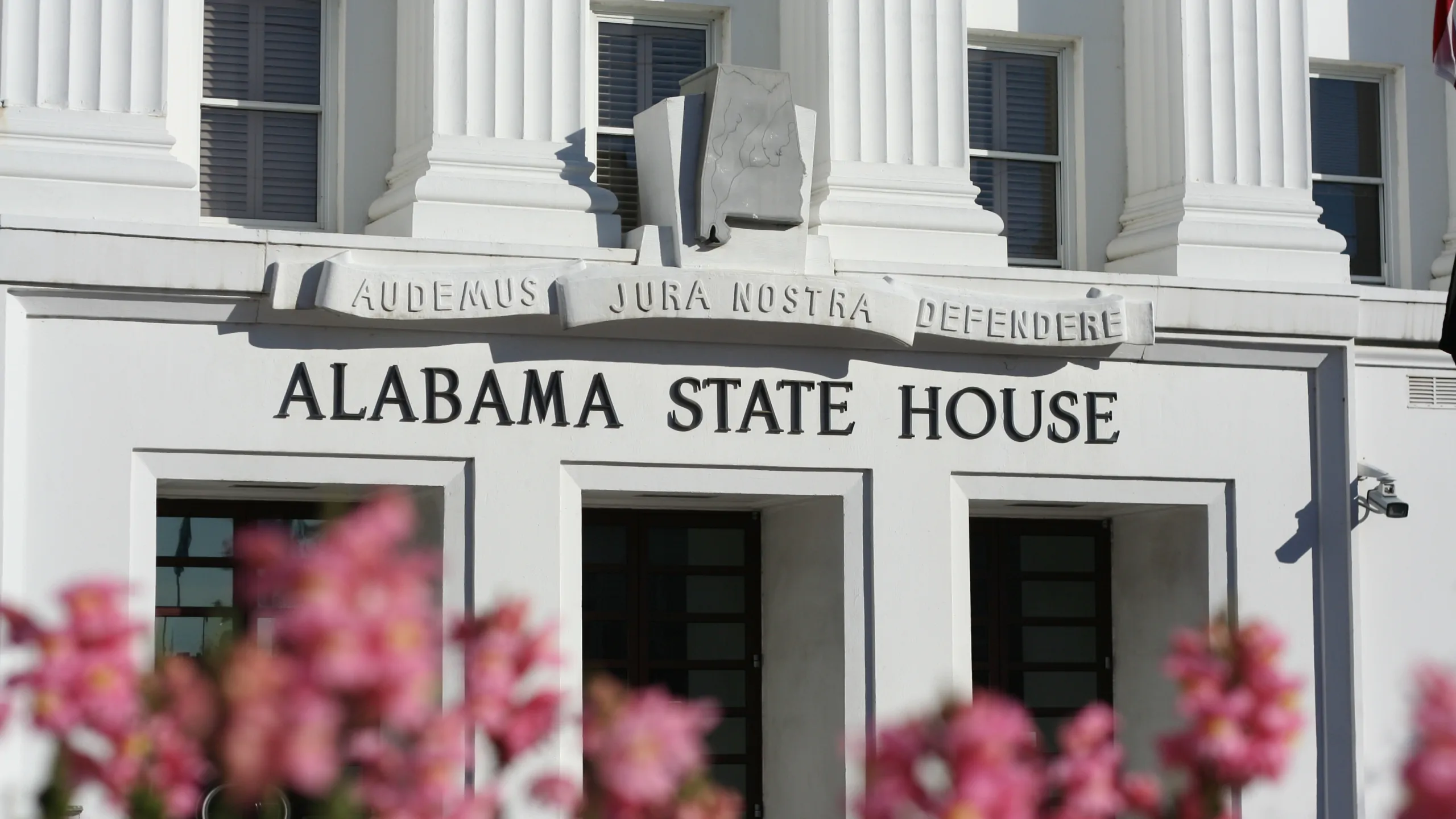|
Getting your Trinity Audio player ready...
|
For Alabamians waiting with bated breath to see how much to expect from the state’s tax rebate, the last few weeks have been a roller coaster.
Gov. Kay Ivey promised relief for Alabamians in her State of the State address on March 7, proposing $400 per filer.
It took two months before the rebate finally began to move within the Legislature, with the Senate making a huge cut to just $105 per filer.
But the House decided that cut was too large, and doubled that to $210 per filer and $420 per married couple. Of course, the drastic change from the Senate version set up a clash between the houses.
The conference committee didn’t solve the gap in any kind of creative way, simply splitting the difference between the two amounts to come up with a final rebate of $150 per filer and $300 per married couple.
The rebate will be payable in November of this year.
Support for eliminating the grocery tax grew exponentially after the start of the session, and many voters have signaled they prefer long-term tax cuts and spending the excess revenue toward educational needs.
The bill now heads to Ivey’s desk for her signature.



















































